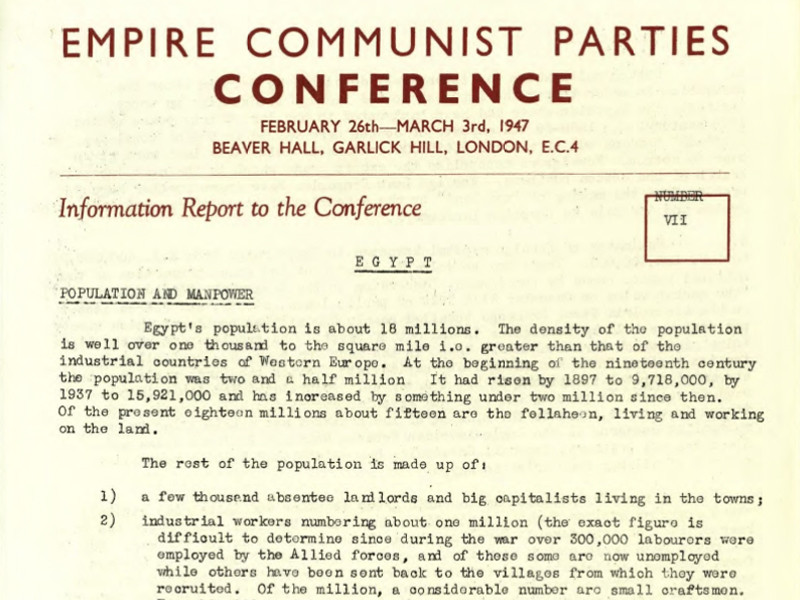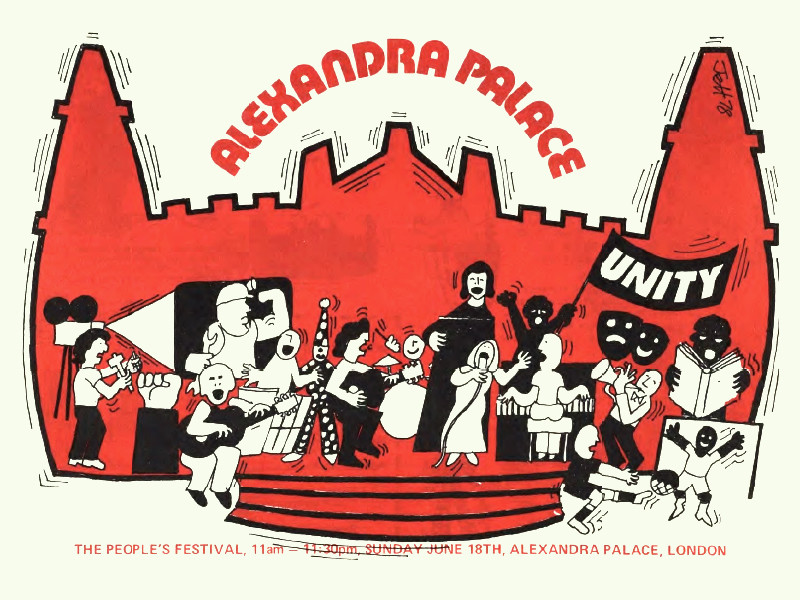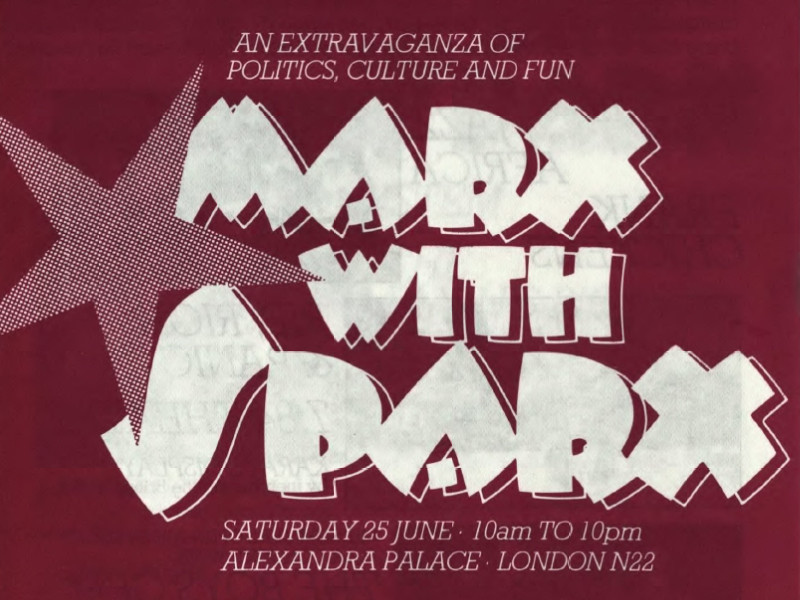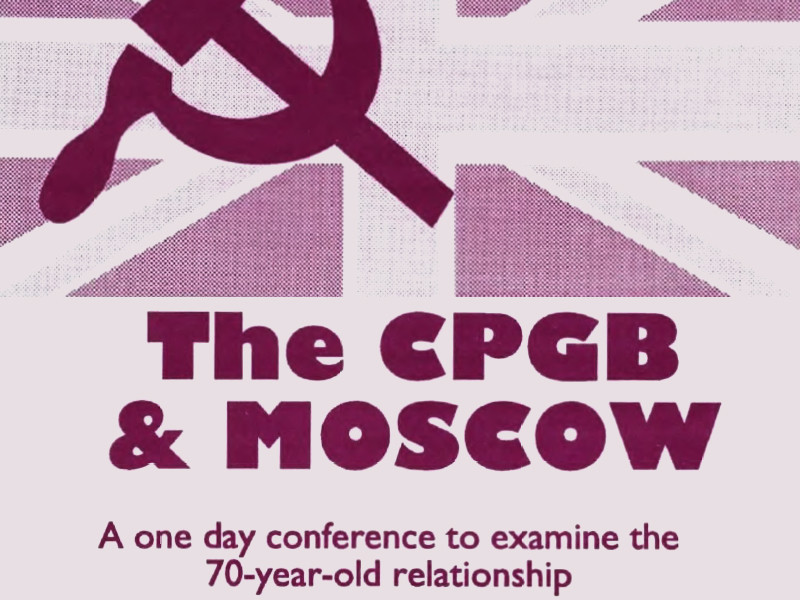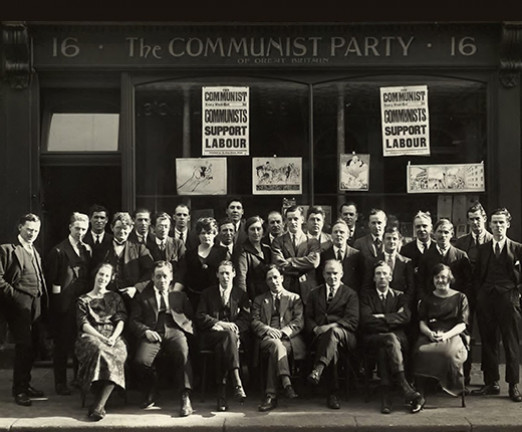
British Communism in Campaigns and Events, 1947–1991

Records detailing Communist Party of Great Britain (CPGB) campaigns and events
The [CPGB archive] is one of the outstanding national collections for the political history of the British left.University of Manchester
Access the full collection
Access the full archive of British Communism in Campaigns and Events, 1947–1991.
Institutional Free Trial
Start your free trialRegister for a free 30-day trial of British Communism in Campaigns and Events, 1947–1991, for your institution.
Institutional Sales
Visit Sales PagesellFor more information on institutional access, visit our sales page.
Already have a license? Sign in.

This collection contains documents relating to discrete campaigns and events organised by the Communist Party of Great Britain (CPGB) during the period 1947–1991. The documents include minutes, correspondence, press releases, posters, and programmes. They provide an insight into the ways in which British communists sought to influence the opinions of members and the general public in the twentieth century.
Campaigns and events covered include Red November, the Moscow History Conference, the Marx with Sparx Festival, the People’s Festival, Left Unlimited, the New Towns Conference, and the Empire Communist Parties Conference. The materials touch upon several important subjects, from urban planning and colonialism to popular culture and the role of the Soviet Union in British domestic politics.
The collection is accompanied by three contextual essays written by Professor Kevin Morgan, a senior academic at the University of Manchester.
Contents
British Communism in Campaigns and Events, 1947–1991...
Records detailing Communist Party of Great Britain (CPGB) campaigns and events
Discover
Highlights
Insights
During its long existence, the CPGB launched and hosted several prominent campaigns and events aimed at furthering awareness of the party and Marxism more generally.
- This collection contains related primary source materials, including official programmes, posters, minutes, correspondence, and other similar documents.
Most of the featured campaigns and events took place in the latter half of the twentieth century.
- Many were targeted at young people, presumably in the hope of reviving the party's declining membership and social relevance.
- The modernising influence of Eurocommunism is evident in the later conferences—unsurprising given its ascendency from the 1970s onwards.
The final event in the collection—the 1991 History Conference—proved to be a controversial affair, as the newly anointed general secretary, Nina Temple, broke with the CPGB's Marxist-Leninist past, inviting members to reassess its historic relationship with the Soviet Union. This is widely regarded to have marked the apex of Eurocommunist revisionism, ultimately serving as a prelude to the party's transformation into the Democratic Left.
Unlock Historical Research for Your Institution
Provide your students and researchers with direct access to unique primary sources.
Related Media


The Departments of the Communist Party of Great Britain: A Detailed Guide Contextual Essays

